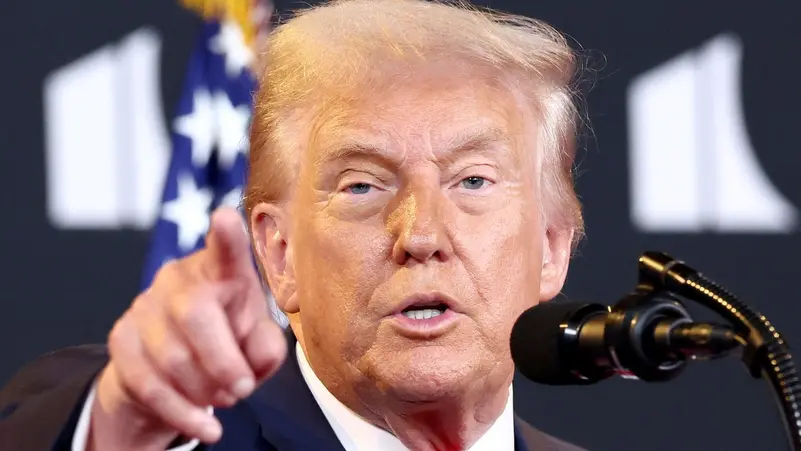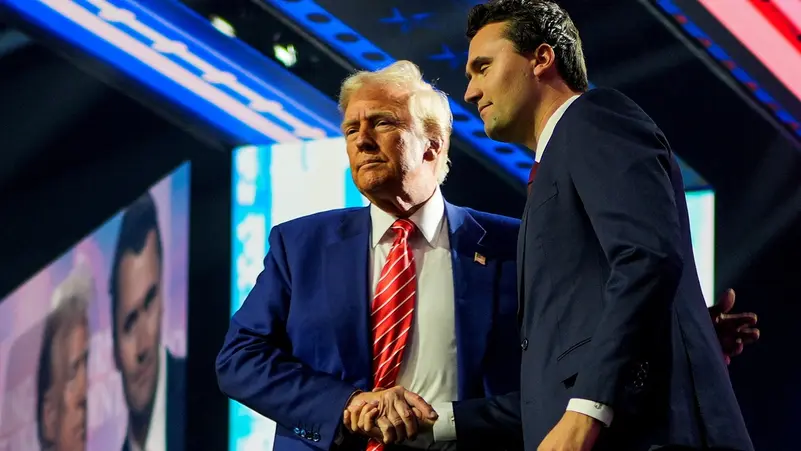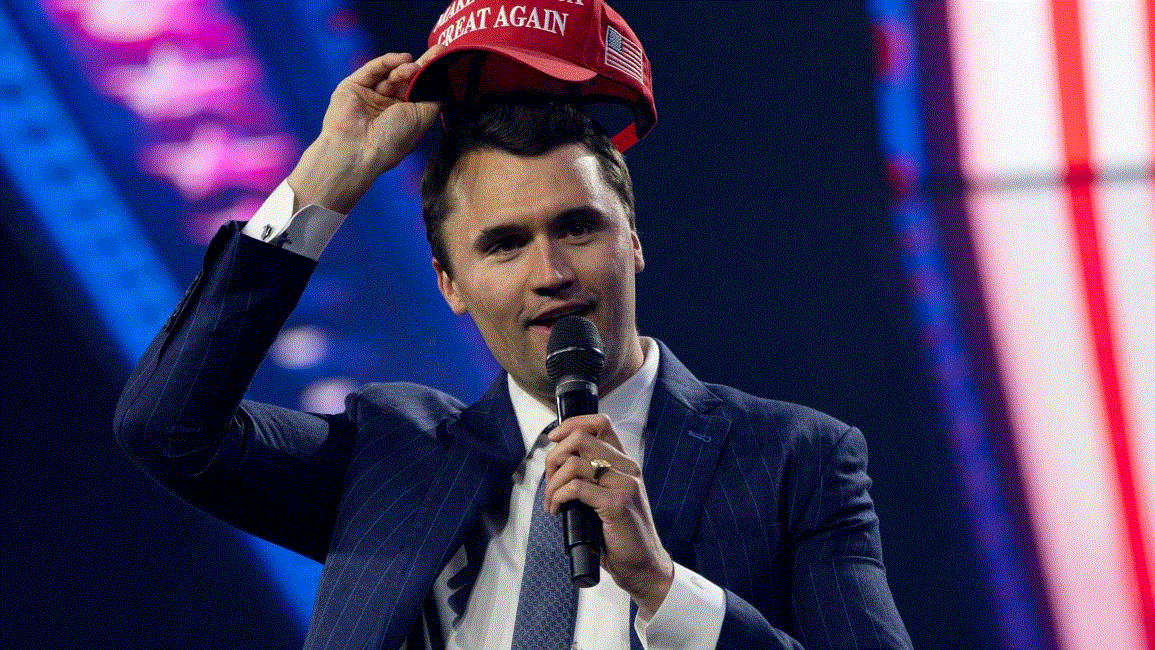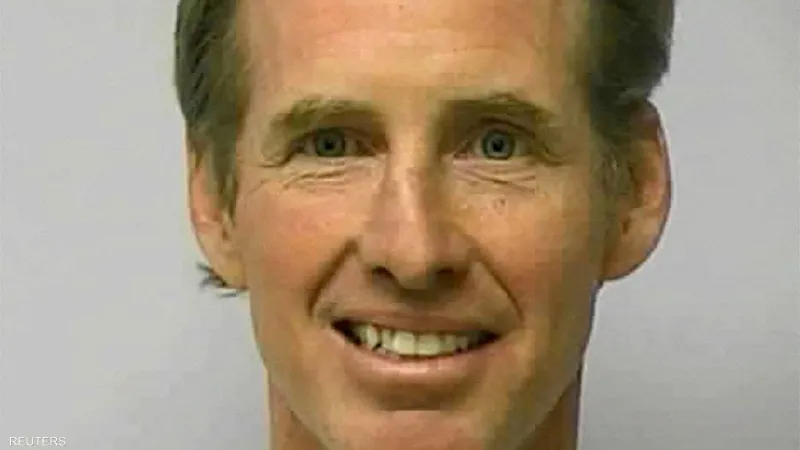Trump Sparks Silicon Valley Outrage with Unauthorized AI Use
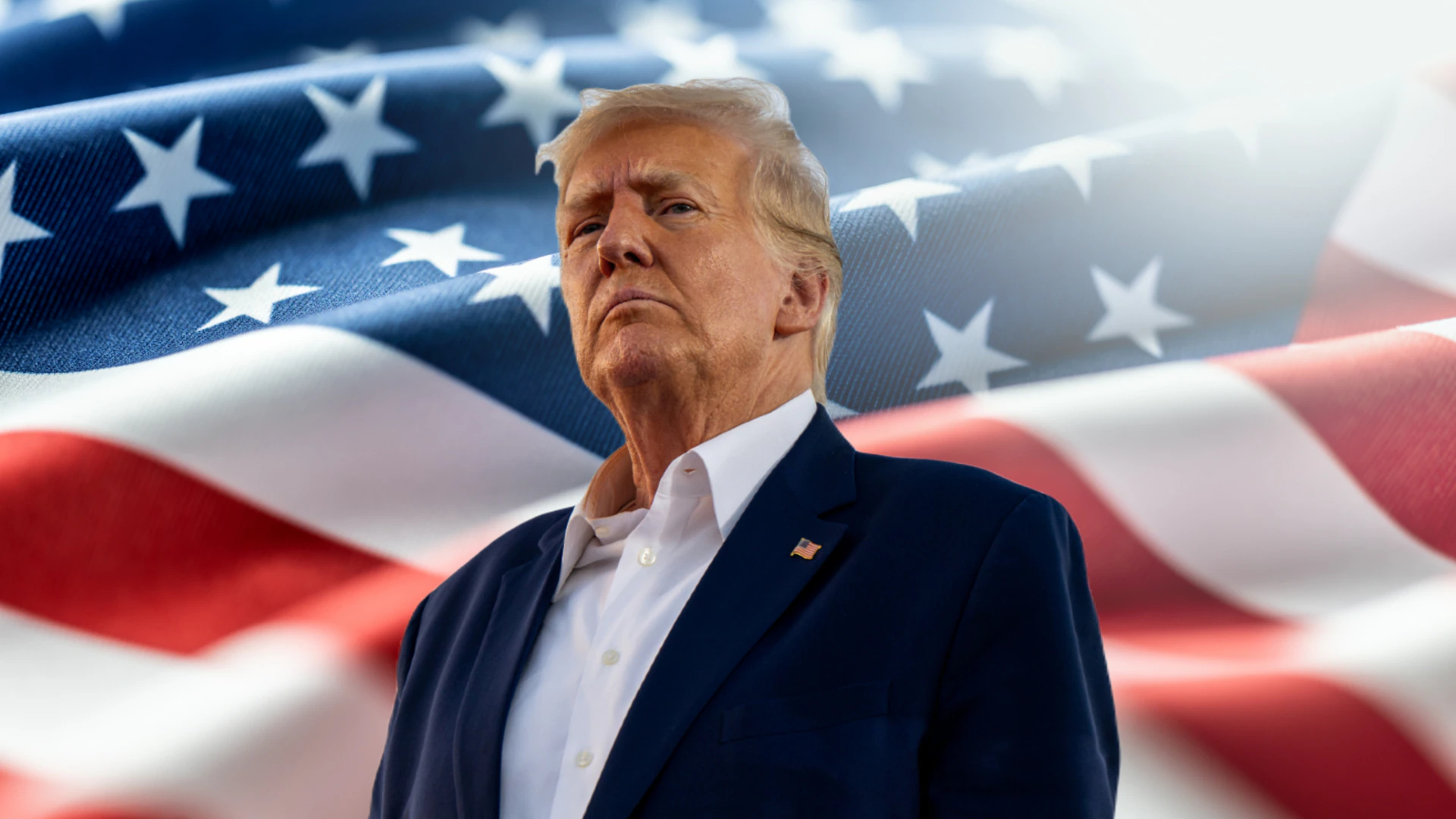
In a move that has left Silicon Valley executives and digital creators reeling, former President Donald Trump has reportedly authorized the use of vast amounts of internet content to train artificial intelligence systems — without seeking permission from content owners. The controversy has ignited debates about copyright, ethics, and the unchecked rise of AI technologies.
A Digital Gold Rush — Without Consent
AI developers are racing to build ever more powerful tools, and data is the new oil fueling this boom. Sources reveal that teams linked to Trump’s business network have scraped billions of words, images, and videos from across the internet to develop advanced AI models. What’s missing from the process? Permission, licensing, or compensation for the creators whose work makes it possible.
Silicon Valley Strikes Back
Tech giants and startups alike have condemned the move. Executives warn it could destabilize the fragile relationship between tech platforms and creators. Some have hinted at legal action, accusing Trump’s network of large-scale copyright infringement and digital exploitation. Independent creators, artists, and journalists fear their work could now be repackaged by AI systems with no credit or benefit to them.
Legal Gray Zones
While there’s growing awareness about AI’s reliance on scraped content, the law hasn’t caught up. In the U.S., debates rage over whether using public internet data to train AI qualifies as “fair use.” Critics argue this interpretation robs creators of control over their work and sets a dangerous precedent for future technological abuse.
AI Ethics Under Fire
The backlash isn’t just about legal questions — it’s about ethics. Many see Trump’s move as emblematic of a broader problem in AI: the rush to innovate often comes at the expense of the people whose data and creativity fuel these breakthroughs. Without clear regulations, experts warn the AI industry could erode privacy, undermine creative industries, and deepen societal inequalities.
Political Ripples
Trump’s controversial AI push isn’t just a tech story — it’s a political flashpoint. Critics accuse him of favoring corporate gain over fairness and transparency. Supporters argue it’s a bold step toward making American AI systems competitive globally. In Washington, lawmakers are under new pressure to draft legislation that balances innovation with the rights of creators.
Impact on Digital Creators
Bloggers, photographers, musicians, and video creators now face an unsettling reality: their content may be feeding AI tools without consent, potentially competing against their own livelihoods. Some platforms are exploring ways to block AI crawlers, while legal experts advise creators to add clearer licensing terms to protect their work.
The Future of AI Regulation
This controversy could become a turning point for AI oversight. Policymakers in the U.S. and Europe are debating how to require transparency in AI data use, impose limits on scraping, and force developers to pay for copyrighted content. Industry insiders warn that without guardrails, AI could become a lawless frontier where creative ownership means little.
A Clash of Innovation and Rights
Trump’s AI strategy may have been intended to jumpstart technological progress, but it has instead triggered a fierce backlash. The situation highlights a core tension of the digital age: how to encourage groundbreaking innovation while respecting the work of millions of creators whose content built the internet.
Trump, AI, Silicon Valley, Technology, Ethics, Copyright
